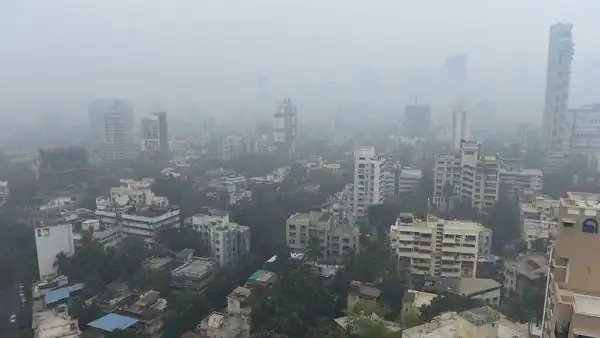
Mumbai takes climate change seriously, releases action plan till 2050

Mumbai city is probably the only one in India which has its own climate action strategy, called the Mumbai Climate Action Plan (MCAP).
The Brihanmumbai Municipal Corporation (BMC) released the plan recently to set climate action goals for the next 30 years with a clear objective of achieving net-zero emissions by 2050.
The action plan, prepared over a period of six months, concentrates on Mumbai city’s ecological, cultural and economical landscapes. It also assesses the current risks posed by air pollution and climate change. It then makes future projections of climate-induced changes and names priority areas for each department of the BMC to achieve targets set under the Mumbai Climate Action Plan. As a measure, the BMC is giving more powers to its environment department and upgrading greenhouse gas emissions inventory besides regularly assessing climate and air pollution risks. Vulnerability assessment will be conducted every two years and reviewed every five years.
Also read: Meat on the plate? Livestock rearing for food major cause of climate crisis
Mumbai has faced heavy flooding in the past mainly because of excessive rains received over a short period of time. World Resources Institute (WRI), which provided technical assistance to the BMC in preparing the plan, has pointed out temperature rise and extreme rain as the reasons for flooding in Mumbai. It says that Maharashtra capital’s temperature increased by 0.25°C every decade between 1973 and 2020.
In 2019, Mumbai’s greenhouse gas emission (GHGs) stood at 23.42 million tonnes of carbon dioxide. About 70% of it (16.9 million tonnes) is contributed by the energy sector. Vehicular pollution contributes 20% (4.56 million tonnes of CO2) and the city’s waste sector contributes about eight per cent of the total emissions. Electricity use contributes about 64% to total emissions of the city mainly because of coal-based thermal power plants.

